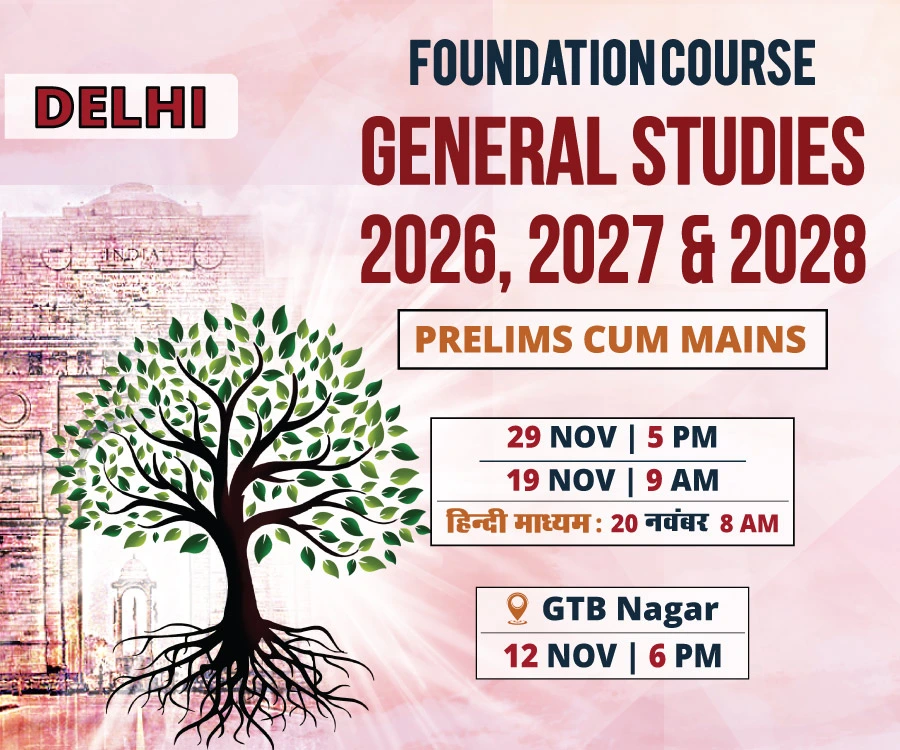Supreme Court in an 8:1 ruling held that power of state legislatures to tax mining lands is not limited by Parliament’s Mines and Minerals (Development and Regulation) or MMDRA, 1957.
- One dissenting judgment cautioned about adverse consequences of giving mineral taxation rights to states.
Key Observations by Court
- Power to tax mineral rights is enumerated in Entry 50 of List II (State List) and Parliament cannot use its residuary power with respect to that subject matter.
- Parliament can impose limitations on states' mineral taxation via laws, but the MMDRA has no specific provision imposing such limitation.
- Entry 54 of List I (Union list), pertaining to the Union's power over minerals, is regulatory and does not include taxing authority.
- Also, the term "land" in Entry 49 of List II includes mineral-bearing lands, granting states the competence to tax such lands.
- Court overruled its 1989 judgement and held that royalty is not within the nature of a tax and did not come under MMDRA.
About MMDRA 1957
- Regulates the mining sector in India and provides for following types of licences:
- Reconnaissance permit,
- Prospecting licence (for exploring and proving deposits),
- Mining lease (for mineral extraction) and
- Composite licence (both exploration and extraction).
2023 Amendments in MMDRA
|









